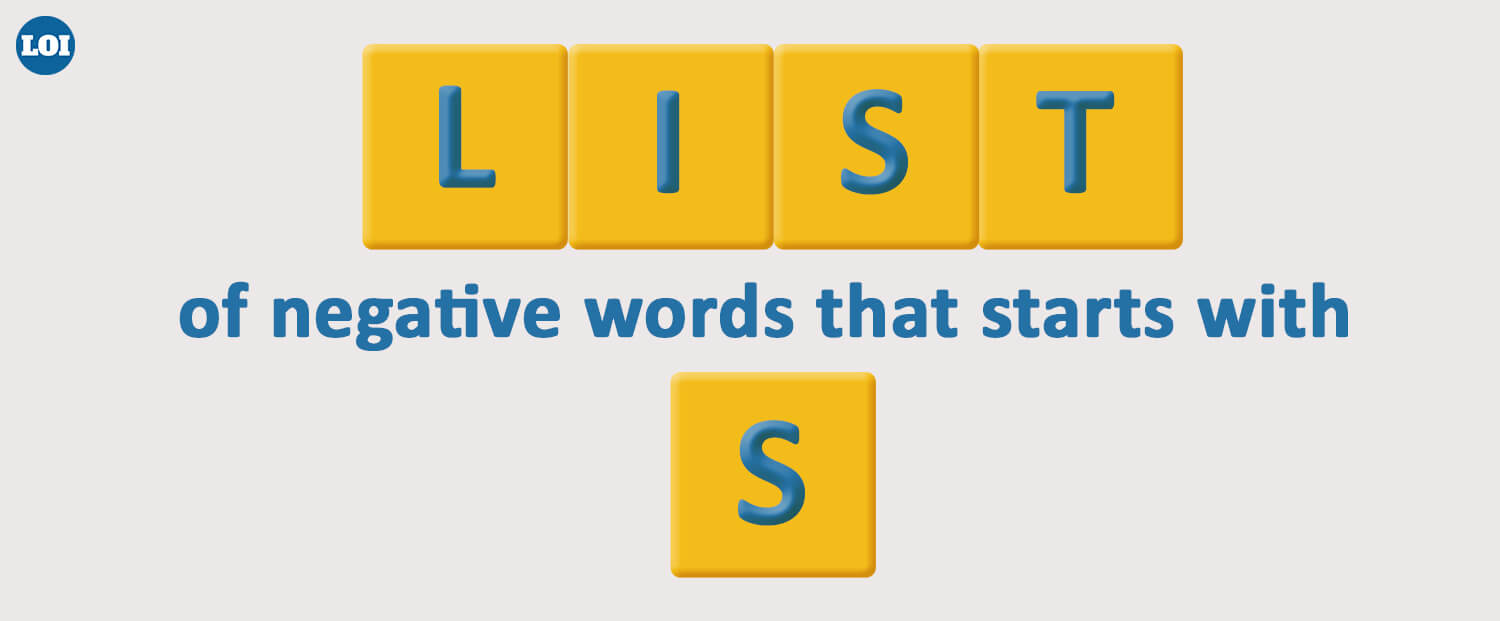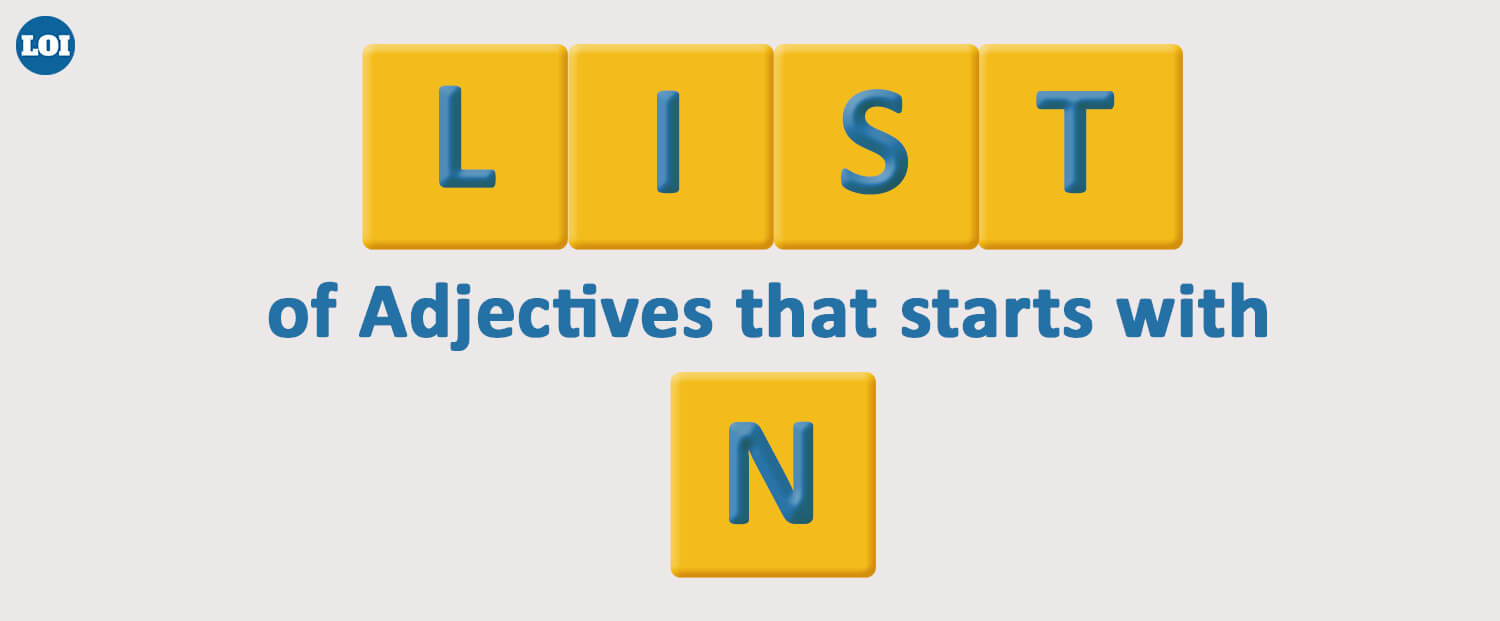In the age of information technology, data is gold. However raw data must be structured, analyzed, and managed efficiently to be effectively used. Without proper management, it's like trying to find a needle in a haystack. The term "Knowledge Management Tools" is now frequently thrown around in corporate circles to address this very process of data organization and management. Keep reading to unveil how these tools work.
Understanding Knowledge Management Tools
Knowledge management tools, at their core, are software or systems designed to convert, store, and share information within an organization. These can range from databases to enterprise search tools. They transform data into valuable insights that can spearhead business growth.
To define them further, what are knowledge management tools? In essence, they are platforms that facilitate reliable and fast access to information, promoting smarter decision-making. They ensure each organizational member has access to the right information in the right context.
These tools act as interfaces that allow users to enter, search, and access information instead of navigating through enormous databases physically. They enable the conversion of large chunks of raw data into applicable knowledge.
Knowledge management tools do not replace human intelligence. Instead, they complement the human brain by allowing it to focus on decision-making rather than raw data processing.
Importance of Knowledge Management Tools in Business

Knowledge management tools play a pivotal role in business growth and sustainability. They handle wide-ranging and complex business information, turning it into usable knowledge. This allows companies to make data-driven decisions which in turn improves the efficiency and effectiveness of operations.
They also play a major role in fostering innovation. By gathering and managing knowledge from various sources, these tools bring unique ideas and information to light, giving birth to solutions that may have not been otherwise discovered.
Another key area where these tools outperform is in improving communication and collaboration within the organization. By centralizing data, they eliminate data silos and foster information sharing, thus aligning departments and promoting a cohesive corporate culture.
Lastly, by making the process of accessing and sharing information easy, organizations can improve customer service and experience by quickly resolving their queries, leading to greater customer satisfaction and loyalty.
Varieties of Knowledge Management Tools
There is a wide array of knowledge management tools available today, each designed to serve a specific purpose. Ranging from databases and search engines to intranets and collaboration tools, the type of tool chosen should align with the organizational goals and requirements.
Databases and search engines are essential for storing and retrieving data, while collaborative tools promote team interaction and brainstorming. Business intelligence tools provide analysis and generate insights from raw data, guiding data-utilization strategies.
Document management systems streamline information access and maintain order in the wealth of company documents. On the other hand, learning management systems (LMS) facilitate knowledge transfer and improve employee's skills and knowledge.
Notool is innately superior. The choice depends on the individual organization’s specific needs and objectives.
Implementing Knowledge Management Tools Effectively

Investing in the most high-tech knowledge management tool is meaningless without proper implementation. Integrating the tool with existing systems, processes, and goals is a step many organizations overlook.
Training employees to use these tools efficiently is another aspect. Without proper training, employees can't leverage the tool to its full potential, leading to disillusionment and underutilization of the tool.
Moreover, the tool should be part of a larger strategy and should align with organizational goals. Implementing a tool without consideration of the company's vision could lead to unresolved issues.
Finally, it is essential to continuously monitor and evaluate the tool's effectiveness. Regular audits and reviews help update the tool and keep it aligned with the changing business environment and requirements.
Altogether, knowledge management tools can be an asset that when used properly, can drive an organization’s growth by leveraging the vast amount of data into actionable knowledge.








